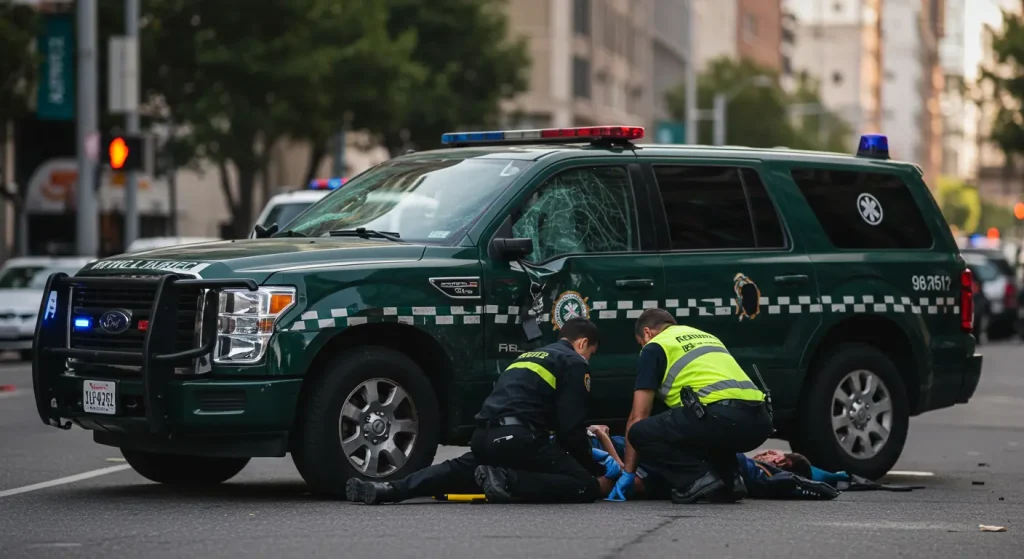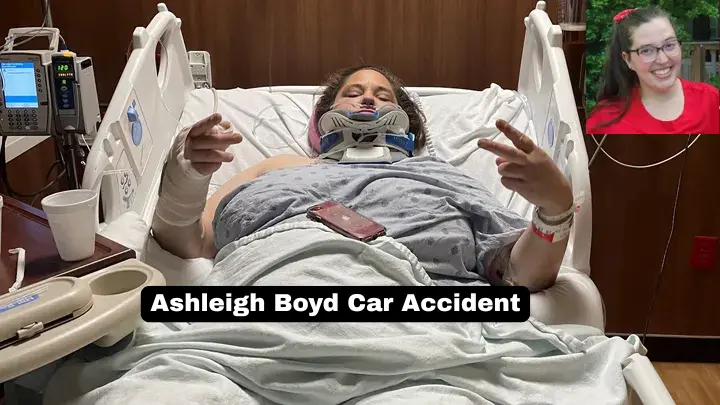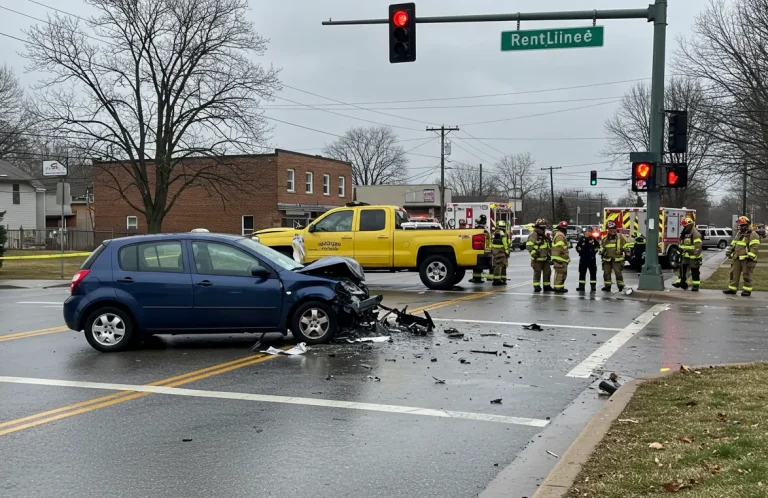Injured in a Government Vehicle Accident in Charleston? Special Rules Apply
It’s the kind of crash you didn’t see coming—literally. One minute you’re sitting at a red light on Virginia Street, or cruising through the winding hills outside South Hills. Next, you’re staring at the cracked emblem of a government vehicle. A city sanitation truck. A state police cruiser. A county road maintenance van. Your car is totaled. You’re hurt. And the badge on the door just made your path to justice a lot more complicated.
When you’re hit by a government vehicle in West Virginia, the rules change. You’re no longer just filing an ordinary insurance claim—you’re entering a maze of legal deadlines, sovereign immunity protections, and bureaucratic red tape. But that doesn’t mean you’re powerless. With the right legal strategy and experienced car accident legal help from Tiano O’Dell PLLC, victims of public-vehicle collisions in Charleston can navigate the system and get the compensation they deserve, even when the other driver works for the government.

When the Government Causes the Wreck—Who Pays?
Ordinary drivers don’t have shields of legal protection. But government agencies? They do. If a public employee crashes into you while performing their duties, your case triggers the West Virginia Governmental Tort Claims and Insurance Reform Act—a law that limits your options and timelines. That means if you want to hold the state, city, or county accountable, you have to play by their rules. Fast.
It doesn’t matter whether the vehicle was a state police car, a city-owned school bus, or a county health department van. If it’s owned and operated by a government entity, your claim may be subject to caps, shortened deadlines, and complex filing procedures. One missed step—and your chance for justice could vanish.
The 30- to 60-Day Deadline No One Warns You About
One of the most dangerous aspects of a government vehicle accident is how quickly the clock starts ticking. In many cases, you must submit a notice of claim—a formal letter to the government agency—within 30 to 60 days of the crash. Miss that deadline, and you may lose your right to sue, no matter how clear the evidence or how severe your injuries.
This notice must include details like the date of the accident, a summary of the injuries, the location, and the amount you’re seeking in damages. It’s not optional. It’s not flexible. And it’s not something you should navigate alone. Getting a lawyer involved early can mean the difference between an open door and a locked courtroom.
Government Vehicles Aren’t Just Police Cars
When most people think of government vehicles, they picture sirens and squad cars. But in Charleston, a government vehicle could also be a Parks & Recreation truck, a city waterworks van, a public school transport vehicle, or even a snowplow. If a public employee was on the job—running a route, responding to a call, or doing official work—then you’re facing a government liability case.
But if they were off duty, using the vehicle for personal errands, or outside the scope of their job, your claim might fall back into the realm of traditional insurance law. Determining whether the driver was “acting within the scope of employment” becomes a key question—and one your attorney must answer quickly and definitively through employment records, GPS data, and agency policies.
Damage Caps and Why Your Case May Be Worth Less—on Paper
Even if you win your claim, the law may cap how much you can collect. That means no matter how severe your injuries are, West Virginia limits how much a government agency has to pay. Non-economic damages—like pain, emotional suffering, or loss of enjoyment of life—may be restricted. And punitive damages? Generally off the table.
But this doesn’t mean you should give up. A skilled attorney will maximize your recoverable damages by focusing on what’s allowed, like lost wages, medical costs, ongoing treatment, and permanent disability. They may also explore third-party liability if a subcontractor, parts supplier, or private maintenance company shares responsibility.
Emergency Vehicles: Not Always Off the Hook
If you were hit by an emergency vehicle—an ambulance, fire truck, or police cruiser—the law may give the driver certain protections. But those protections aren’t absolute. Even emergency responders are required to use reasonable caution, especially at intersections or when pedestrians are present.
If sirens weren’t active, if the driver was speeding through a red light without warning, or if they ignored clear safety signals, they may still be liable. These cases often hinge on evidence like 911 call records, dash cam footage, dispatch logs, and eyewitness testimony—all of which your attorney must secure immediately before it disappears.
What If You Were a Passenger in the Government Vehicle?
Public employees injured in a government vehicle—such as police officers, sanitation workers, or school aides—may be eligible for workers’ compensation, but that doesn’t prevent them from also seeking a third-party claim if another driver was at fault. Likewise, if you were a civilian passenger (like on a city bus or public shuttle), you can still file a personal injury claim.
In these cases, you’re not suing a person—you’re pursuing compensation from the government’s self-insured risk fund or designated insurer. These are sophisticated legal entities that don’t pay easily, but that can be held accountable when presented with a compelling, evidence-backed case.
Don’t Let the “Government” Scare You Off
Many crash victims freeze when they realize they’re going up against a public agency. They assume it’s hopeless. They’re wrong. West Virginia’s legal system allows these claims—but only if they’re done exactly right. The difference between being ignored and being compensated is not luck—it’s strategy.
That’s why government vehicle accidents should never be handled alone. A seasoned legal team will not only protect your rights but also speak the language of government liability law. They’ll know the forms, the deadlines, the exceptions, and how to present your claim so it can’t be swept under the rug.
The Sooner You Act, the Better Your Case
These cases are about urgency. Delay, and you risk evidence disappearing, timelines expiring, and your claim collapsing before it begins. Acting quickly gives your attorney the ability to gather surveillance footage, secure vehicle maintenance logs, obtain driver employment records, and ensure the government doesn’t dodge responsibility on a technicality.
You’ve been through enough. Let someone else carry the legal weight. Because when you’ve been hit by a government vehicle, you’re not just facing a crash—you’re entering a system that plays by its own rules. Make sure you have someone on your side who knows how to play—and win—on that field.






